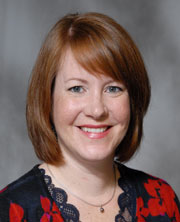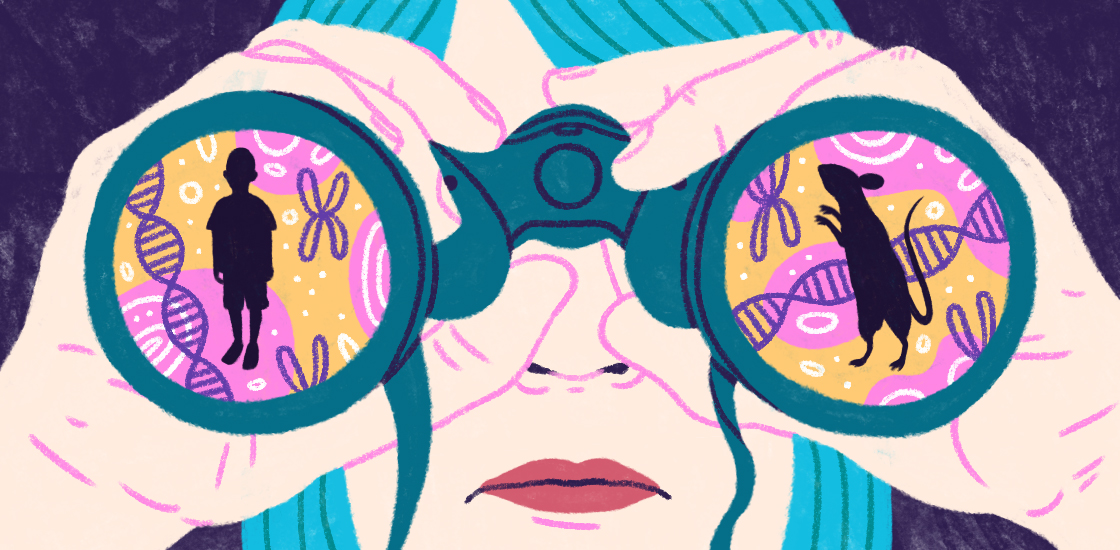Amy Esler is associate professor of pediatrics at the University of Minnesota in Minneapolis.

Amy Esler
Assistant Professor of Pediatrics
University of Minnesota
From this contributor
Why we need a mouse version of a diagnostic test for autism
Researchers have developed behavioral measures that can accurately diagnose autism in people; these lessons can and should be applied to mice.

Why we need a mouse version of a diagnostic test for autism
Adjusting diagnostic tests for the DSM-5
As clinicians adopt the new criteria for autism, the many tests now used to diagnose the disorder may need to be modified, says Amy Esler.
Explore more from The Transmitter
Neuro’s ark: Spying on the secret sensory world of ticks
Carola Städele, a self-proclaimed “tick magnet,” studies the arachnids’ sensory neurobiology—in other words, how these tiny parasites zero in on their next meal.

Neuro’s ark: Spying on the secret sensory world of ticks
Carola Städele, a self-proclaimed “tick magnet,” studies the arachnids’ sensory neurobiology—in other words, how these tiny parasites zero in on their next meal.
Autism in old age, and more
Here is a roundup of autism-related news and research spotted around the web for the week of 2 March.

Autism in old age, and more
Here is a roundup of autism-related news and research spotted around the web for the week of 2 March.
Lack of reviewers threatens robustness of neuroscience literature
Simple math suggests that small groups of scientists can significantly bias peer review.

Lack of reviewers threatens robustness of neuroscience literature
Simple math suggests that small groups of scientists can significantly bias peer review.
